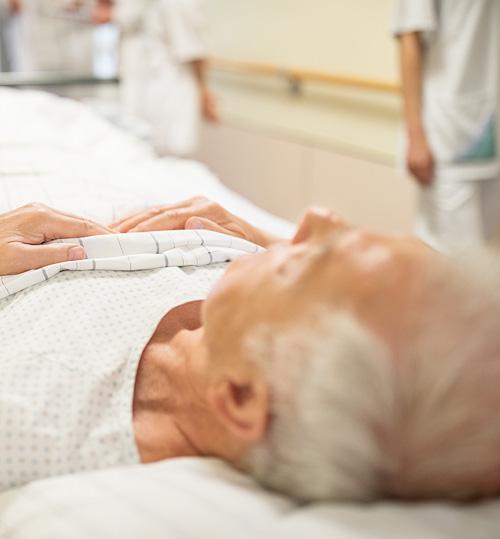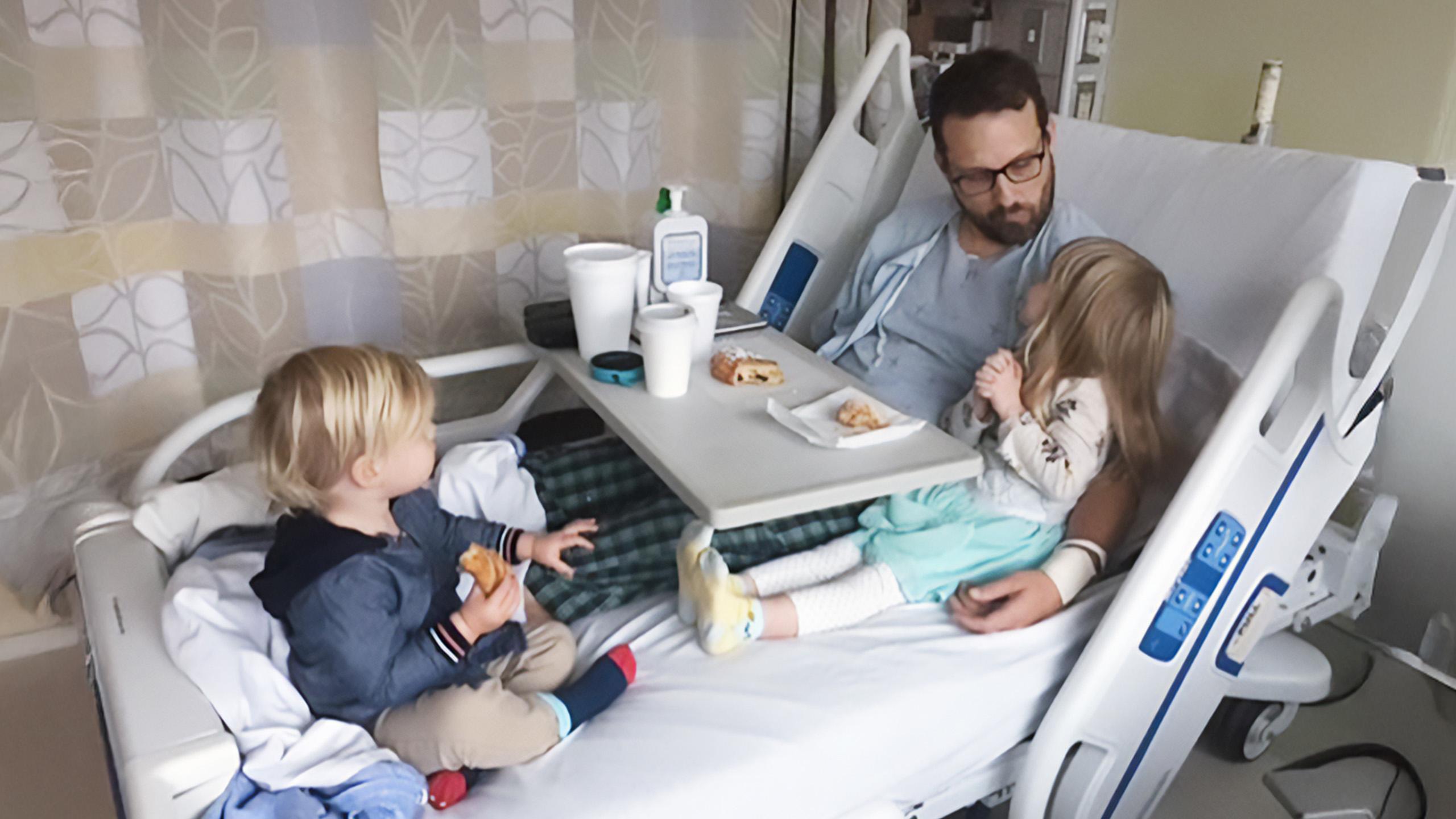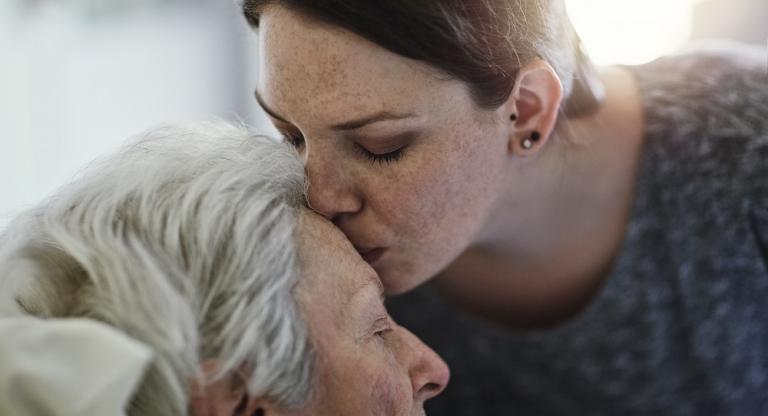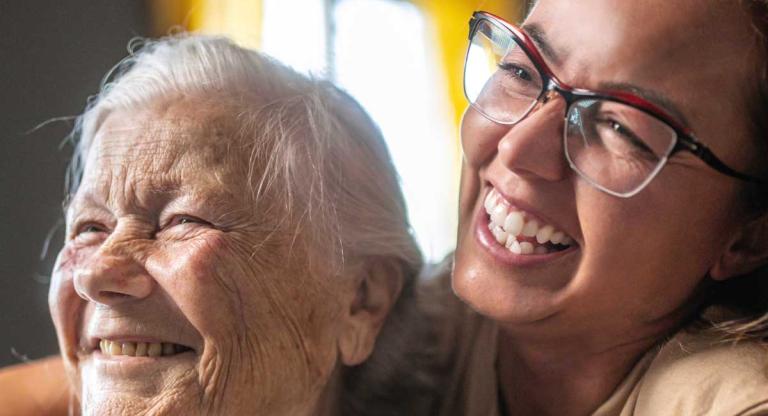Looking at social isolation and loneliness in seniors

It took only one patient in the early days of the pandemic for Dr. Jacques Lee to see just how brutal COVID-19 would be on seniors, even for those who didn’t become infected with the deadly virus.
Dr. Lee, the Research Chair in Geriatric Emergency Medicine at the Schwartz/Reisman Emergency Medicine Institute (SREMI) at Mount Sinai Hospital, is leading national research studies to transform the care of older people in the emergency department.
“In April of 2020, I saw a man from a long-term care home whose main reason for coming to the emergency department was that he felt he was dying from loneliness,” said Dr. Lee. “His story ignited my interest and research in social isolation and loneliness.”
To address the terrible effects of social isolation, Dr. Lee quickly directed his research efforts toward identifying and treating loneliness, including his current study -- treating loneliness with the help of trained hospital volunteers.
While volunteers are not allowed in-person in the hospital, Dr. Lee’s research team will connect volunteers with isolated seniors over the telephone. These volunteers, who are also older adults, are being trained to engage with isolated seniors over the phone to make positive connections and have engaging conversations.
The training emphasizes a strength-based peer approach, whereby the volunteer helps the isolated senior identify strengths and positive aspects of their lives while also helping the senior identify ways to increase their social engagement. Following training, volunteers and participants will have half-hour telephone conversations weekly for three months.
“Hospital volunteers are amazing people, with a wide variety of life experiences, who want to help,” said Dr. Lee. “We’re seeing if connecting them to isolated older people can make a difference.”
In addition to this new work in social isolation and loneliness, Dr. Lee is also leading research to detect, prevent and understand delirium in the emergency department.
Delirium is the sudden development of confusion and it can not only be frightening for patients and their families, but it can also be deadly since patients are unable to participate in their care, may not be able to follow instructions and can’t alert staff if they are worsening.
To detect delirium earlier and prevent its devastating effects, Dr. Lee has a developed a tablet-based game as well as pioneering a simple urine test to rapidly detect delirium in the emergency department.
Lee hopes to have early findings on his social isolation research by June 2022.










